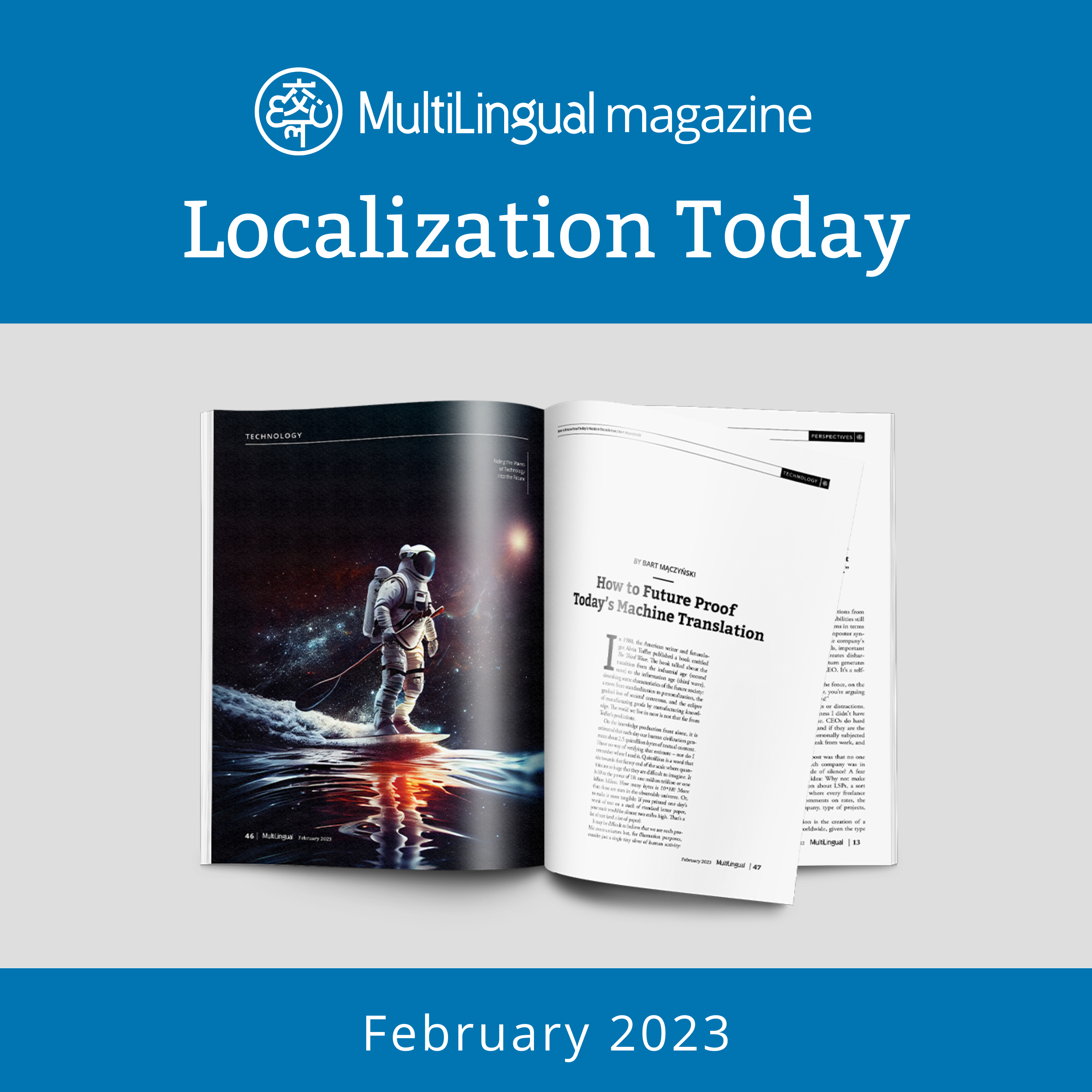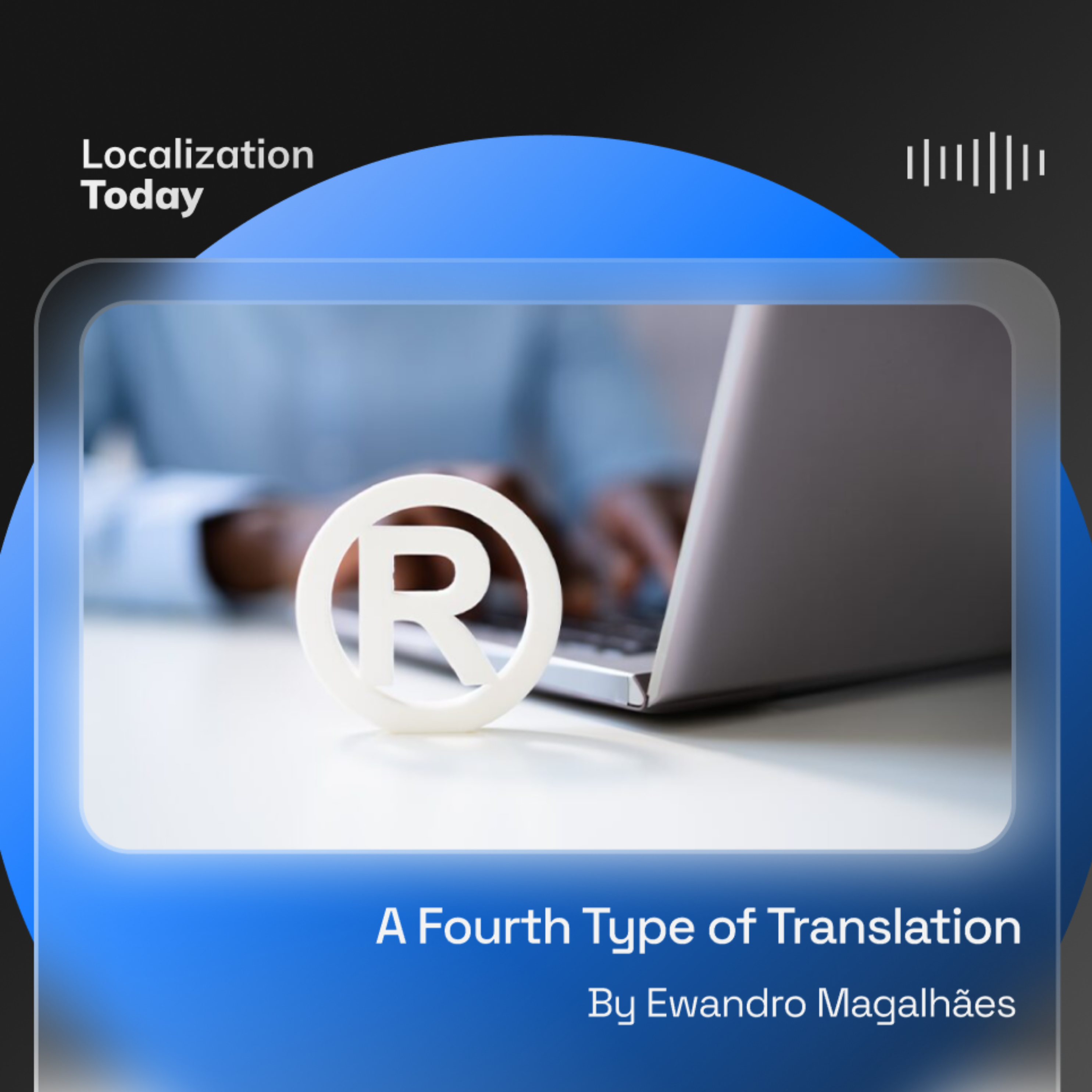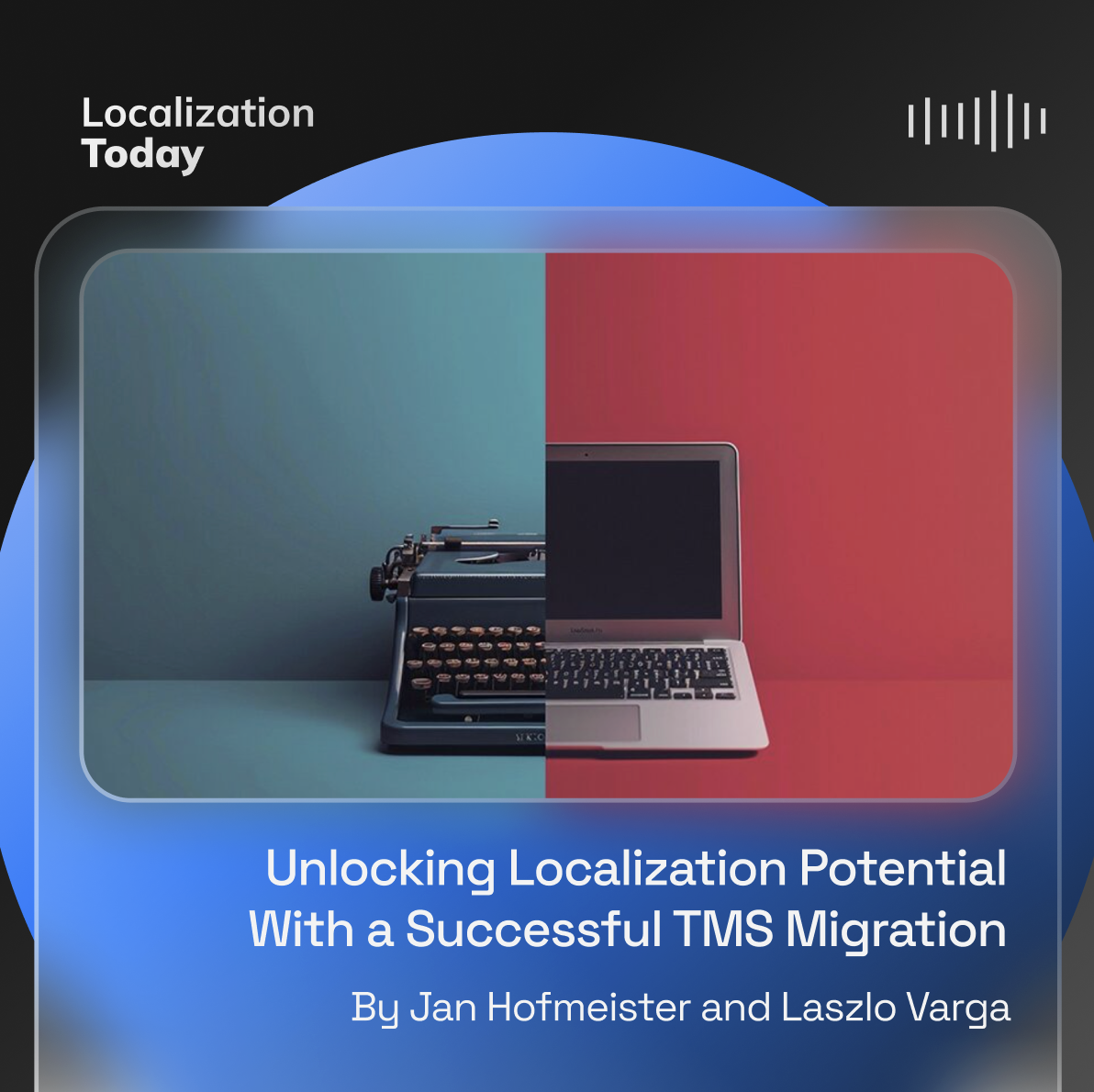Episode Transcript
A new study from Weglot and Nimdzi Insights suggests that machine translation (MT) is more accurate than some people might expect.
The study, “The State of Machine Translation for Websites,” focuses on assessing the accuracy of popular MT engines like Google Translate, specifically within the domain of the marketing content found on a given company’s website. After a group of linguists determined the usability of a given MT engine’s output, the study concluded that 85% of translations were rated as “very good” or “acceptable.”
“The data presented in this study debunks some of the persisting myths and confirms that machine translation can be deployed as an accelerator in the translation process for marketing content,” said Weglot CEO Augustin Prot. “Machine translation has reached a level of maturity where it now complements, rather than replaces, human linguists.”
With recent advances in MT, the general public’s opinion of the technology has also grown — for example, a recent study conducted in the United Kingdom found that only a small minority of nontechnical MT users were dissatisfied with their experiences using MT engines. However, the report notes that many companies remain skeptical of MT “due to the prejudices that have arisen over the years in the localization industry.”
In the study, the researchers looked at translations from English into six languages: French, German, Spanish, European Portuguese, Mandarin Chinese, and Arabic. The researchers behind the study claim that their findings should debunk some of this prejudice and show that MT is an adequate supplementary tool for localizing certain marketing content.
As noted earlier, 85% of the translations were determined to be “very good” or “acceptable” — none of the translations received a “very bad” rating. The researchers did find that some languages had better output than others, with German translations receiving the highest average acceptability and Italian translations receiving the lowest.
The researchers also found a handful of common errors the MT engines made. Specifically, they pointed out three common ones: the MT engines struggled to translate context-dependent phrases or terminology, struggled with the ampersand, and occasionally infused the European Portuguese translations with a Brazilian twist.
“An estimated 99% of translations globally are not done by professional human translators — simply because there’s not enough time in the world,” Prot said. “As such, the volume of machine-translated content has skyrocketed over the past couple of years, and we only expect to see this further as the technology develops and matures.”


